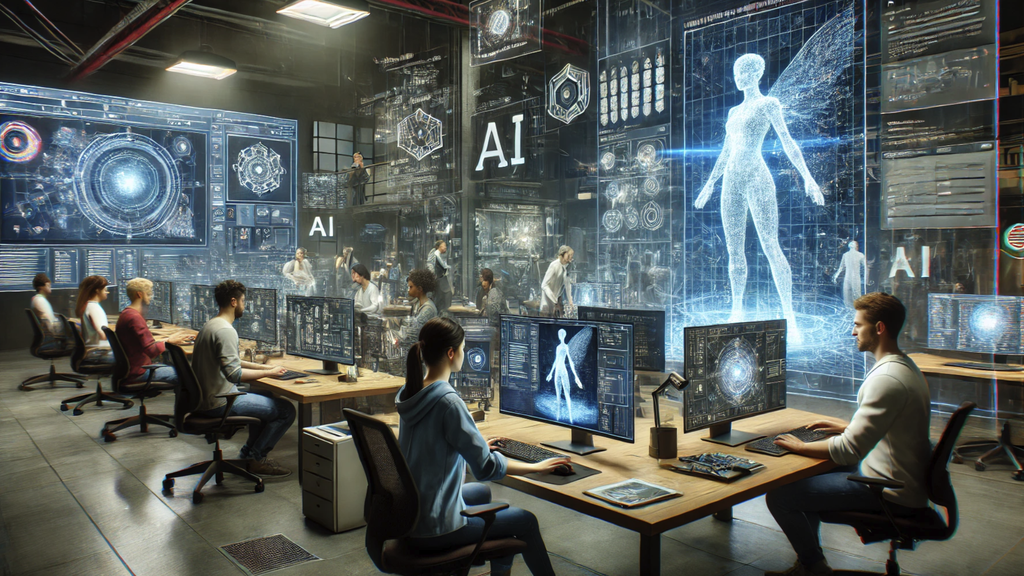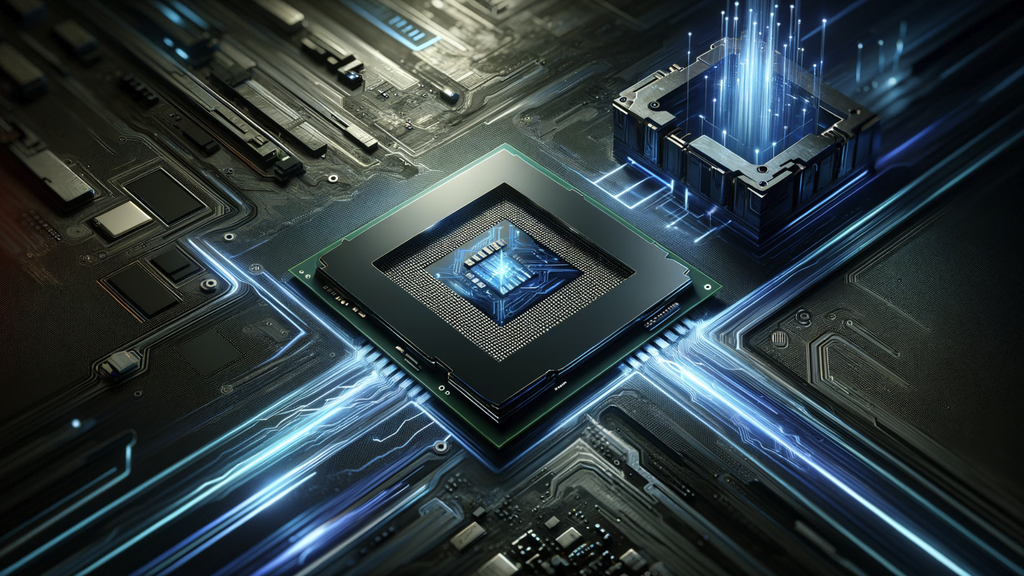Artificial intelligence (AI) is revolutionizing the gaming industry, offering developers new tools to create immersive, dynamic experiences for players. In 2024, the integration of AI in game development is more prominent than ever, with generative AI, machine learning, and advanced analytics playing pivotal roles in shaping how games are developed and played.
The Rise of Generative AI
Generative AI, a branch of artificial intelligence that uses algorithms to create content autonomously, is significantly impacting game development. This technology allows developers to automate the creation of complex environments, character designs, and even entire narratives. Companies like Square Enix and Unity Software are leading the charge in incorporating generative AI into their development processes, allowing for more innovative content creation and reducing the time and cost associated with traditional game development methods.
Generative AI can enhance procedural generation, a method already popular in games like Minecraft and No Man’s Sky, by creating more detailed and varied game worlds. This technology enables developers to craft richer, more dynamic environments that adapt to player interactions, offering a unique experience every time a game is played.
Enhancing Game Narratives
AI is also transforming storytelling in games. Tools like Charisma.ai and AI Dungeon utilize AI to develop dynamic storylines and realistic character dialogues that adapt to player decisions, creating a more personalized gaming experience. This adaptive storytelling is particularly effective in role-playing games (RPGs) and narrative-driven titles, where player choices significantly impact the story’s outcome.
Nvidia’s ACE technology exemplifies AI’s potential to generate dialogue that responds dynamically to player input. This approach allows non-player characters (NPCs) to exhibit more complex behaviors and personalities, providing a deeper level of engagement and realism.
AI in Game Design and Testing
The design and testing phases of game development have also benefited from AI. Tools like Cascadeur and Sloyd enhance animation and asset creation, allowing developers to produce high-quality 3D models and animations with minimal effort. These tools help streamline the creative process, enabling developers to focus on refining gameplay mechanics and aesthetics.
AI-driven testing tools, such as Zollpa, provide developers with comprehensive analytics on gameplay performance, identifying potential bugs and optimizing game mechanics. This capability ensures that games are thoroughly tested and polished before release, leading to a more seamless player experience.
Ethical and Legal Considerations
Despite its many advantages, the use of AI in game development also raises ethical and legal concerns. Issues related to data privacy, copyright, and the potential for AI-generated content to infringe on existing intellectual property are significant challenges developers must navigate. The industry is actively working to establish guidelines and best practices to address these challenges and ensure responsible AI use.
The Future of AI in Gaming
As AI technology continues to evolve, its role in game development is expected to grow, offering even more opportunities for innovation. The potential for AI to create entirely new genres of games and enhance player experiences is vast. By embracing AI, developers can push the boundaries of what is possible in gaming, delivering richer, more engaging experiences that captivate players worldwide.
AI is set to remain a crucial component of game development, driving the industry towards a future where games are not only more immersive but also more inclusive and accessible. As developers continue to explore AI’s possibilities, the gaming landscape will undoubtedly be transformed, offering players new and exciting ways to engage with digital worlds.
Generative AI is revolutionizing the video game industry by offering new tools for creativity and efficiency. However, its adoption comes with challenges that need careful consideration, particularly in legal and ethical domains.



